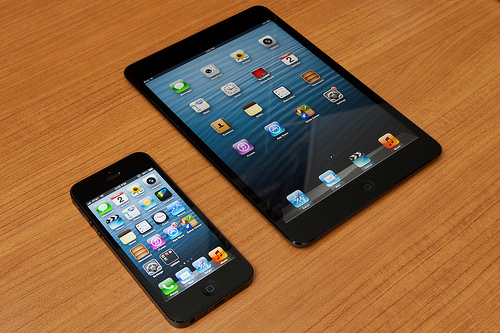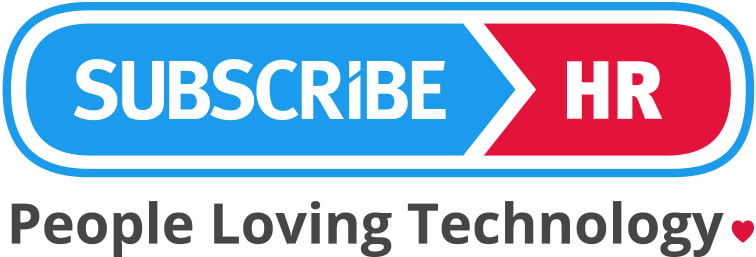
Let’s go back in time for a few minutes. 20 years ago, before we knew or could use the Internet, recruitment was a completely different landscape. Job searching involved people sitting at home with a newspaper in one hand and a highlighter in the other.
It was common for recruiters to spend thousands of dollars on newspaper advertisements. Job applications were mailed through post or delivered by messengers. This was then followed by faxed resumes.
Prior to the interview, recruiters had little information of who they would be interviewing, aside from the information provided on the resume. From the job seeker’s perspective, the only information they had on the company and the role was the job advertisement.
It was only in the mid 90s when the Internet arrived and soon recruiters were trading in newspaper ads for online job boards. That went on for a while, perhaps until the mid-2000s. The Internet boomed and it was being leveraged well through online recruitment.
Many of the tools and programs we are accustomed to today were introduced to the world during this time. These tools were life changing, but soon they became part of another revolution.
Welcome to the mobile world
Fast forward to now and we see mobile devices as a major part of the recruitment industry. The recruitment process has seen nothing short of a transformation due to the rise of mobile devices.
Job Searching
Work4Labs, a Facebook recruitment tool, outline the main changes in job search due to the growth in mobile devices. Their research states that there will be more mobile devices than people on earth by 2014. With the number of mobile devices sold increasing, the number of job searches from a mobile device doubles each year.
It is found that 63% of candidates search for jobs on mobile devices. Their own company has seen 33% of job views come from a mobile device and 12% of job views come from ads seen on a mobile device.
Chris Howard of Recruitment Technology Hub outlines how LinkedIn has transformed the job searching process for both recruiters and job seekers. Recruiters are able to join specific groups to find people from all over the globe with a certain set of skills and expertise, see their full resume and connect with them straight away, essentially giving recruiters endless reach.
Active job seekers are able to extend their network to get in touch with the right people in the companies they’d like to work for, and passive job seekers get weekly notifications on their email of the latest jobs available that are relevant to their background.
Recruiters will be able to place job ads on LinkedIn to target these passive job seekers and since the launch of the LinkedIn mobile app, they are able to do this on the go.
Job Applications
Email has simplified the job application process and enabled recruiters to spend less time reviewing resumes to create a shortlist for their clients. With email available on mobile devices, they can review and shortlist candidates anywhere and anytime. The integration of email and mobile career sites have made a recruiter’s job a hundred times more efficient.
With websites such as Seek and MyCareer on mobile, recruiters have access to the number of their job views and applications at their fingertips. And because they receive the job applications directly in their email inbox, recruiters are able to contact the top candidates immediately to secure them for their client.
Work4 Labs have noted a threefold increase of the number of people viewing, saving and applying for jobs in the past four months from their own mobile website. From their research, they’ve noted that 23% of apply clicks come from a mobile device and alarmingly, that 40% of mobile candidates will abandon a non-mobile application process.
This indicates that a mobile careers site is becoming a necessity for recruiters who want to have a wider reach to access the best candidates.
Job Interviews
Chris Howard of Recruitment Technology Hub pinpointed Skype as one of the best things to happen to recruitment. Skype already revolutionised the job interview process since it was first introduced in 2003. Marc Bousquet noted that 12-18% of MLA interviews were conducted via Skype.
If LinkedIn gave recruiters the ability to search for the right candidate from all over the world, Skype enabled recruiters to interview and connect with them on a face-to-face basis. It allowed recruiters to understand their candidates better and give their candidates all the necessary information on the client by sharing documents in real time and sharing screens to demonstrate their product or a process.
Recruiters are able to set up interviews for their candidates with their clients and even join the conversation regardless of their location. And of course, Skype is now available on mobile devices such as smart phones and tablets, allowing recruiters to connect with candidates faster in a more convenient and efficient manner.
What should you do about it?
Recruiters can no longer sit still and wait, unless they want their candidate pool to be severely diminished. It is time to embrace mobile technology and leverage it to your advantage:
- Make your company visible on LinkedIn and post relevant jobs to the right groups.
- Leverage external career sites to widen your reach.
- Develop your own mobile career page and build a user friendly application process.
- Use Skype to in your initial interview process to understand your candidates better.
- Install these apps on your smart phone or tablet to have your entire recruitment process at your fingertips.
To learn more about the changes in the mobile recruitment landscape, refer to our Mobile Recruitment Whitepaper:
How do you take advantage of mobile technology? Share your thoughts with us below.


